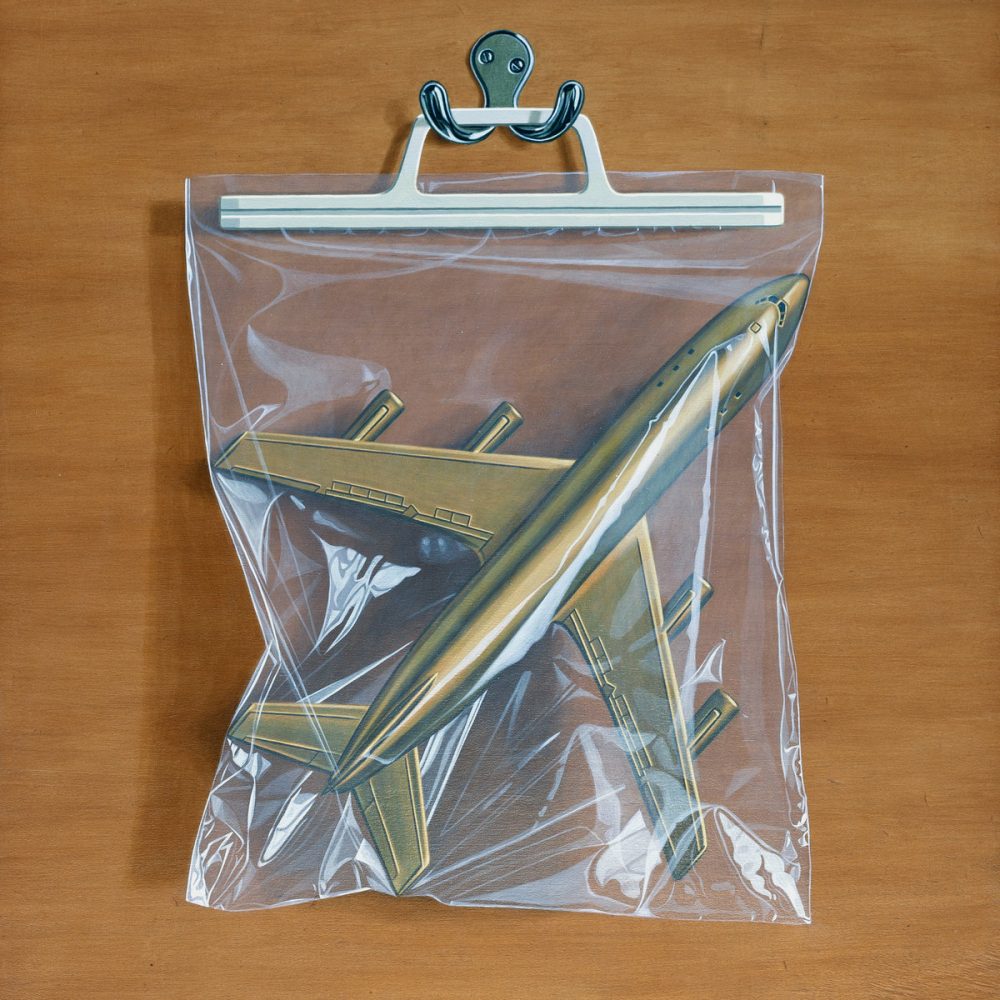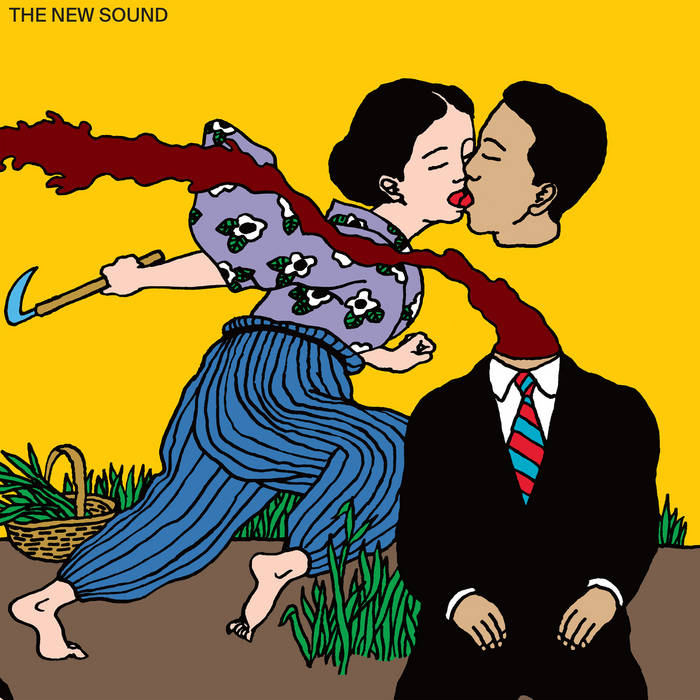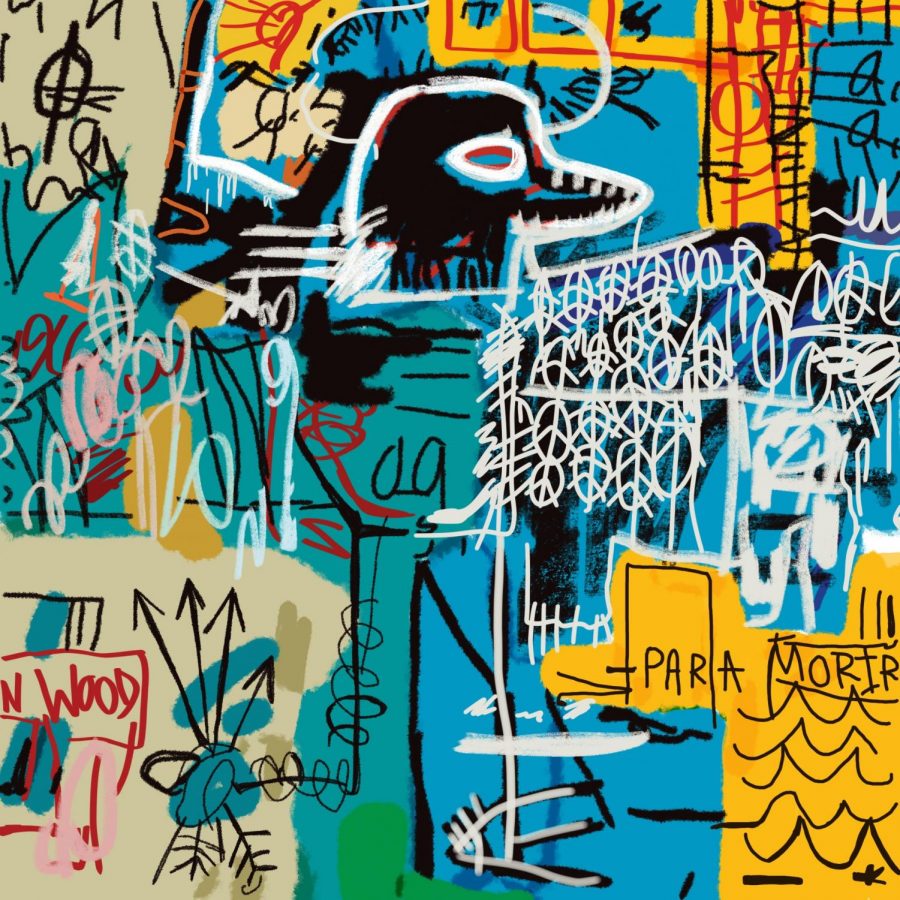Genres: Post-Rock, Drone
Release Date: December 15th, 2000
Review by bedroomAOR
VR289
In an adaption of The Odyssey, presumably a TV-made one considering its shoddy acting, innumerable goofs, C-actor cast and lackluster production, there exists a scene where Penelope rises in the middle of the night. Troubled by the suitors who insist that she take a new husband and forget about the likely dead Odysseus, she wanders down to the sea and slowly approaches the shoreline. When she gets down to the water, she lays into the surf and begins to moan and cry Odysseus' name over and over again, letting the water caress her and allowing us to admire her grief coinciding with the glimmer of the moon on the ocean top. It's actually one of the most beautiful things I've ever been shown in the classroom, and it's something that I ended up witnessing only a couple of weeks prior to engaging with Flood for the very first time.
I very often think about this euphoric scene whenever I have the gall to activate the opening track of this monolith, and it never fails to set the atmospheric stage more stunningly than nearly every other album I laud in this field. While Boris isn't an artist I frequent or even know very profoundly, I find myself absolutely enamored with the composing techniques and methods found in their supposed equation. Often, albums who boast a few long, untitled tracks are ones who tend to be boring to me very quickly, and I've found myself at their mercy for whatever inane length the artist may have chosen for me to endure. With Flood, the tables are turned as I find myself stunned with the beauty there is to be found in the simplicity of it all. Where I've always said that simple music can be beautiful, I feel that I've been subconsciously looking upon this very release with that in mind; this is the album that introduced me to that very way of thinking.
As there is but one true song on this album, it's necessary to point out its decadent flow so that all may know exactly what they're in for. This is, for all intents and purposes (not intensive purposes), an ambient record whose drone influence is high and whose acoustic gorgeousness is through-the-roof. I'm so bashful when I hear those opening notes come through, as simple as they are and as riffing as they ultimately prove themselves to be. Everything is in conjunction and harmony, if only for but a few minutes, before something is slightly thrown off the track. Before you know it, the cohesive block that was this legendary riff is now in disarray, and its threads are being slowly peeled back to reveal its architecture of long, wavy curves and thin, whispery stalks of fiberglass. It's all so very fragile, and before you know it, it's breaking into a thousand million droplets. The riptide of the catastrophe pulls you so deep under that the pressure numbs you, and the watery limbo that contains its joyous victims is on an endless current. Pretty soon, you're admiring the scenery of what it's like to be inside the music, witnessing individual notes as they interact with the staff and watching how time signatures and keys really work for the first time. It's magical, it's inspiring, and it's so very out-of-place.
A trepidation creeps very slyly throughout the above admiration, and the incognito temperament of this invisible force is enough to build some of the most terrifying suspense in all of music. (To break from the analogy for just a second, that tiny bit of singing not even a couple minutes into the third movement is so uplifting and foreboding at the same time). It's like traveling down a spiraling, rocky staircase whose capacity for light is growing dimer and dimer; the last torch you had was placed long ago, and you're only living off of the scraps that physics could muster to bring you down here. Soon enough, you'll be descending into complete darkness, and anything will be able to have at you. The worst part about it is that you'll inevitably let your guard down and feel comfortable in the dankness of stony isolation, and before you'll even know what's hitting you, the charge will come: a torrent of some of the chilliest, most brutal and crushing of waves will tear you from where you'll stand, and you'll have not the slightest clue of what direction you're being taken. Farther and farther away, the relentlessness of liquidity will ruin your ability to self-direct.
And then? Before you even know it... you'll be sucked into that chasm where the party is. The very place where all life and death and good and evil originated from, and where it all swirls in a cacophony of swelling energy, will be before you. The humidity will vanish as you're tornadoed through this subterranean, submarine madhouse, and you'll soon enough be willing to forget everything you know and love and cherish. You'll be a new soul, ready to take on anybody and anything, and it's through this segue that you'll see who you really are. Disliking or rejecting this new entity that you've become is not an option, but luckily, it won't even be a desire. Harmoniously, this moment will help you come into complete agreement with yourself. So lush and tender, you'll feel like a baby wrapped in eiderdown with this thorough contentment of self, and before you know it, you'll drift off into one of the most soothing of trances you've ever experiences. Time is but a vague memory at this point, like the embrace of Calypso refusing to let you go, and you won't even remember when or how or why you stopped feeling the way you did by the time it's all over. It's like waking up from a really long dream; your consciousness, however, will be altered in a way like you will never explain again. Washed up on the shore, you wonder if even the sand matted into your hair exists right now.
If I'm being melodramatic, I'm not sorry. Flood enticed me four years ago when it flaunted its worth in my face, and it does so with an alarming sense of sameness to this day. Never before has an album been able to hold onto what it is that made me love it so for so long, and I find myself wanting to endure its cruel, indulgent wrath again and again and again. A masterpiece record can be made out with hard determination, but for once, a record came to me and did all the work for me. This has been a delight to know, and it will be an exciting rest of my life knowing that I'll always have this to turn to.






